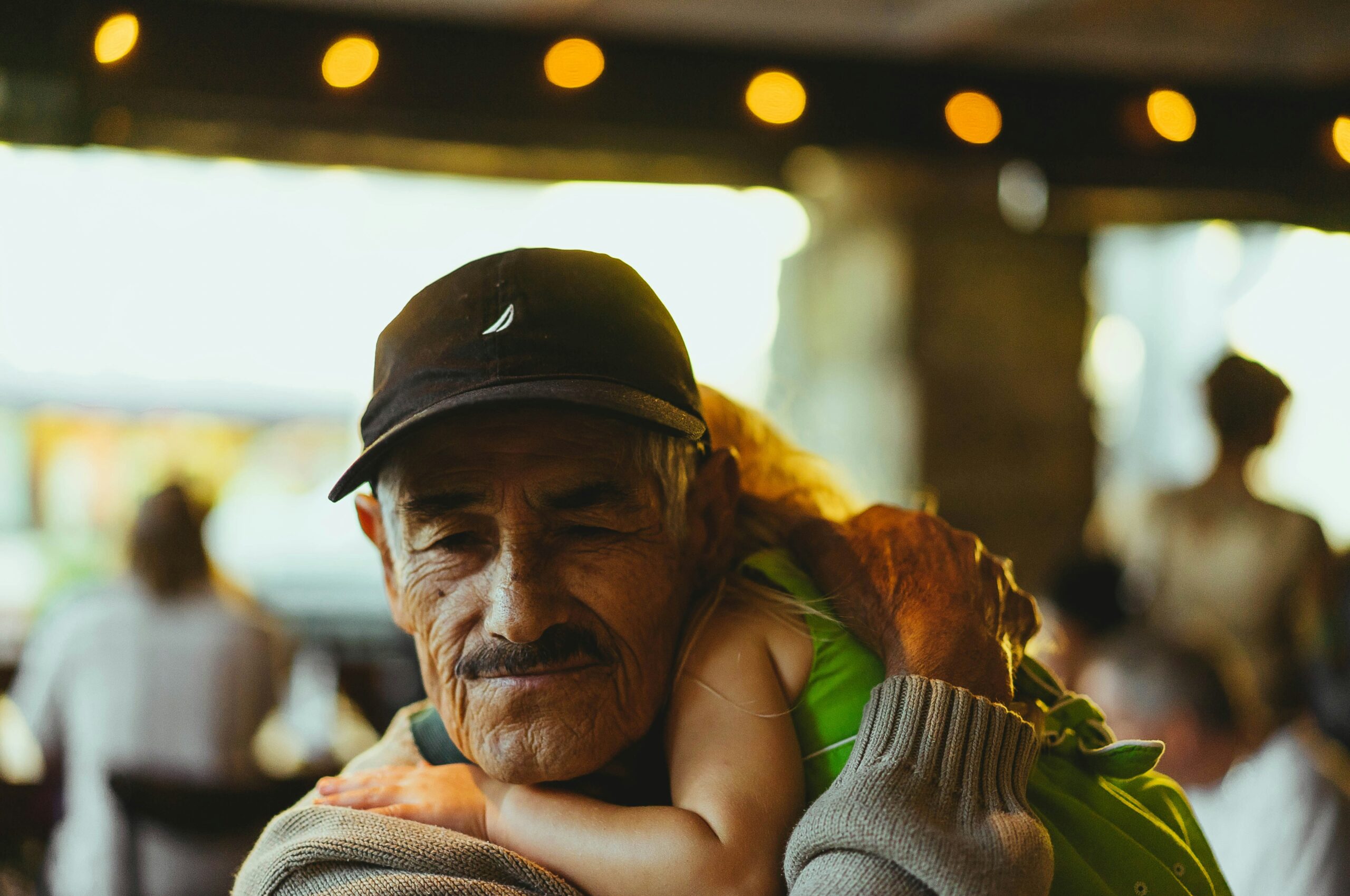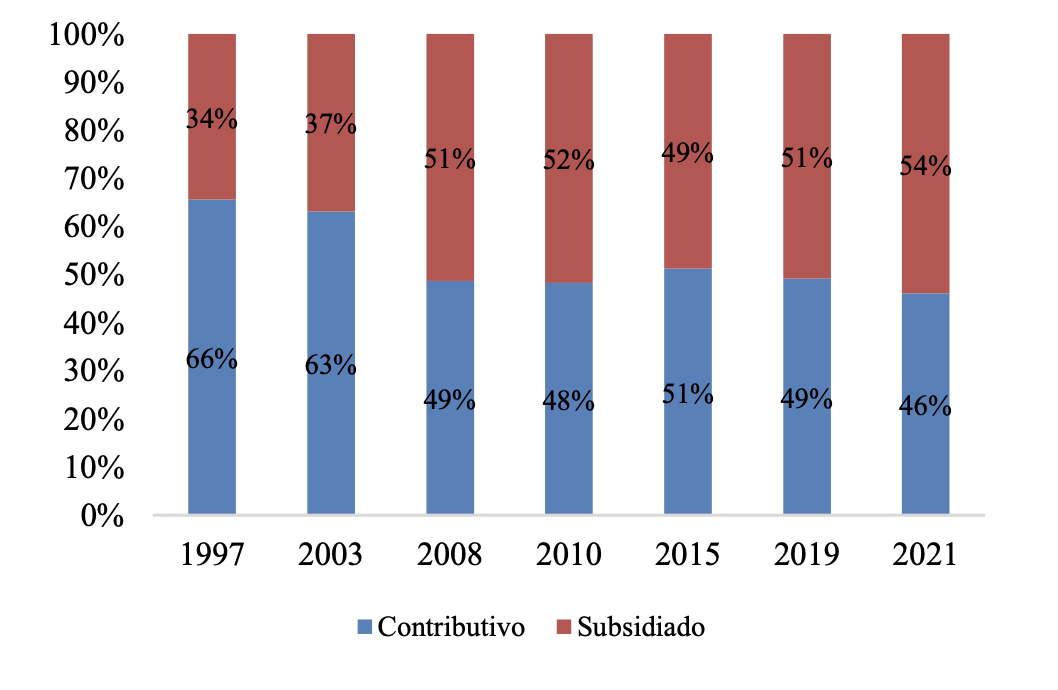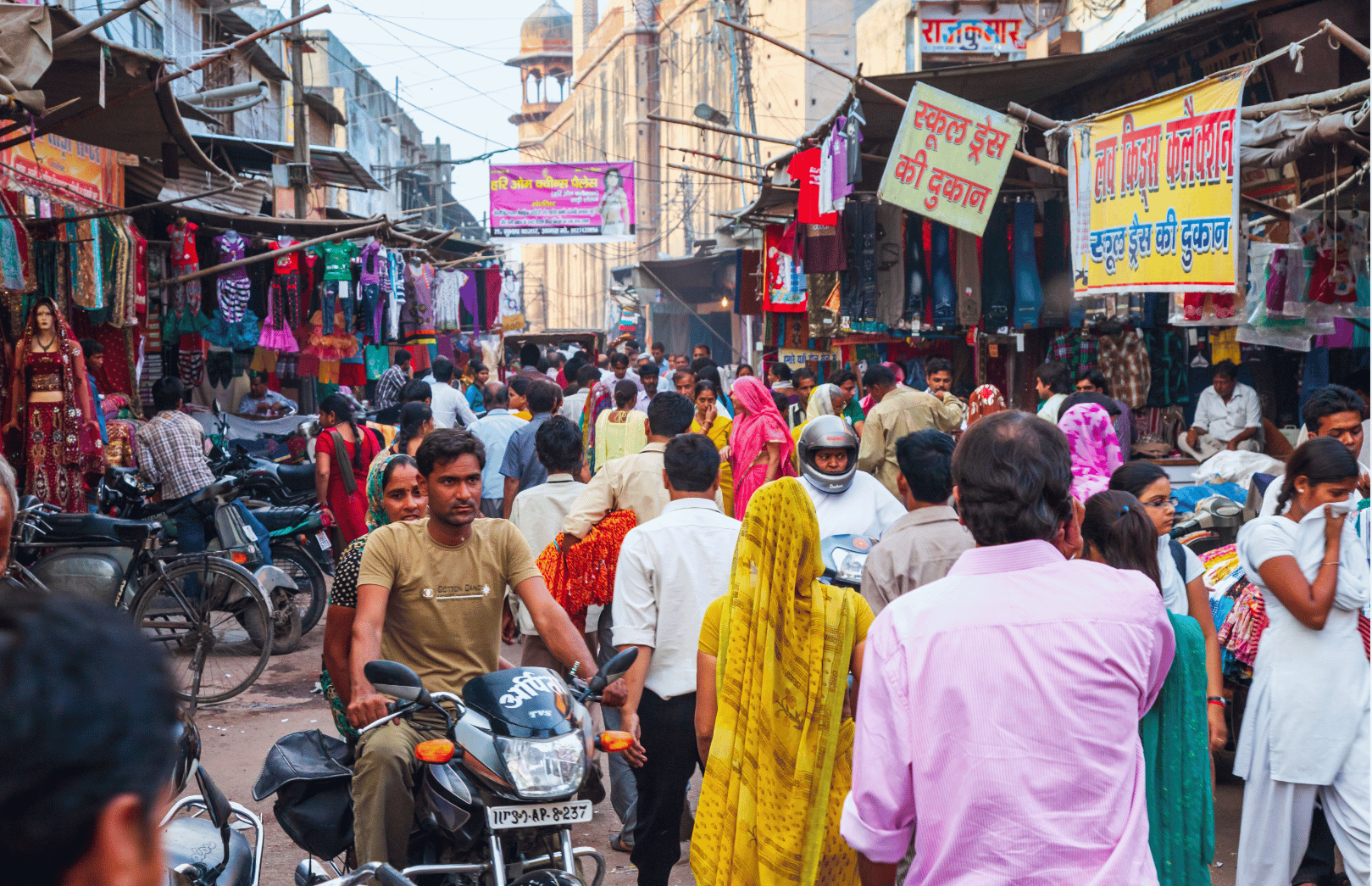This extension of the law includes the decree that specifies the benefits covered by the Honduran Social Security Institute and describes how this institution should operate.
Strategic plan for the implementation of togo’s national health services quality improvement policy 2020-2022
In order to reinforce the progressive implementation of Universal Health Coverage, Togo has adopted the present strategic plan, which focuses on five main points: improving governance and leadership in the sector, to lay the regulatory foundations for quality health...
National health financing strategy for CSU Burkina Faso
This strategy document is intended to be a reference tool for the government and technical and financial partners, enabling them to coordinate the various interventions in the field of health financing.The vision of the National Health Financing Strategy (SNFS) for...

The impact of basic health insurance participation characteristics on the health of mobile populations: the mediating role of health service utilization behavior
This study aimed to analyze the impact of different enrollment characteristics of basic health insurance on the health of the mobile population and to investigate the mediating role of health service utilization behavior in China.Findings showed that health insurance...
The benefits and burden of health financing in Indonesia: analyses of nationally representative cross-sectional data
This study assessed the distribution of health financing benefits and burdens across income groups in Indonesia, post-financing reforms. Utilizing cross-sectional nationally representative data, benefit incidence analyses (BIA) and financing incidence analyses (FIA)...

Social norms and values impacting health expenditures in India
Household resource allocation in India is not just a pragmatic and calculative exercise, it also involves multi-layered tacit and explicit contestation, bargaining and negotiations that occur at the intersection of social norms, economic class, caste, gender, age, and...

ILO launches “Building social protection foundations for all” project in Burkina Faso
The project "Building Social Protection Floors for All: ILO global flagship program in Burkina Faso" was launched on August 28, 2023 in Ouagadougou by Bassolma Bazié, Minister in charge of Social Protection, in the presence of Frédéric Lapeyre, Director of the ILO...
Decree determining the conditions of medical control -AMU
The decree issued in application of the provisions of article 33 of law no. 060-2015/CNT of September 5, 2015 on the universal health insurance scheme in Burkina Faso, determines the terms and conditions of medical control and medical expertise.The medical check-up...
Decree approving RAMU agreements
This decree approves standard models for national and individual agreements. The standard models of national and individual agreements governing relations between universal health insurance scheme management bodies and public or private health care providers, in...

Achievements in Equity of the Health System in Colombia
The greatest achievement of the Colombian health system is the improvement in the financial protection of households. Out-of-pocket health care spending declined significantly since most medical procedures and drugs are included in the nation's public health insurance...

Latvia aims to improve people’s access to medicines and reduce out-of-pocket spending
As reported by WHO-Europe, Latvia has issued a roadmap to guide the implementation of new laws that will improve people's access to medicines. Proposed changes will be implemented this year and will aim for a 15–20% reduction in people’s out-of-pocket expenses for...

To meet the unmet: preparing for health equity challenges in WHO South-East Asia Region
Health inequity and unmet need are major challenges in achieving UHC and financial protection in the South-East Asia Region. This report documents progresses in addressing health inequities with a focus on multiple manifests of vulnerabilities and multiple components...
Fighting chronic malnutrition in Niger
To monitor nutrition policies and programs, Niger has carried out a series of annual surveys on malnutrition in children under five at national level (known as SMART surveys) since 2005. The SMART 2021 survey was used for this study. These analyses reveal malnutrition...
Quality of maternal and newborn care in Niger
In Niger, improving the supply, quality and demand for healthcare services is the second strategic focus of the 2017-2021 Health Development Plan. The purpose of this document is to inform users in general, and authorities in particular, in order to help them make...
Contraceptive prevalence and fertility in Niger
Niger's population tripled between 1988 and 2021, from 7.2 to 23.6 million. This strong demographic growth is the result of a high and stable fertility rate, with almost 7 children per woman during this period. This study aims to highlight recent levels and trends in...
